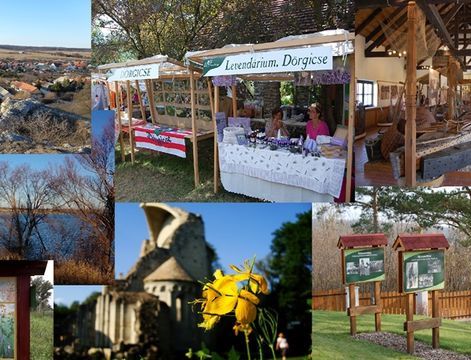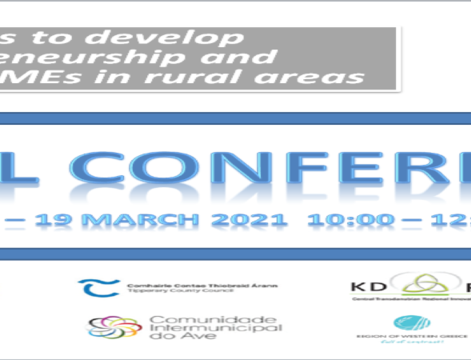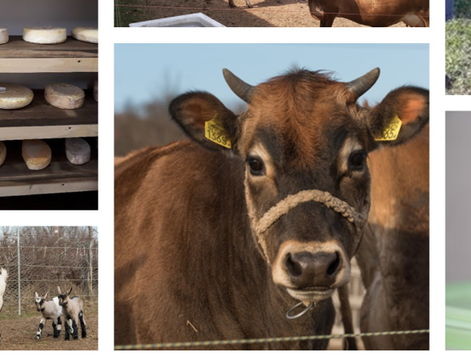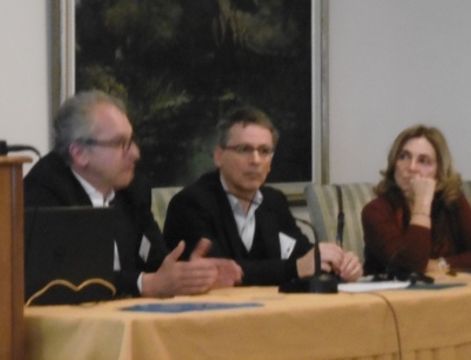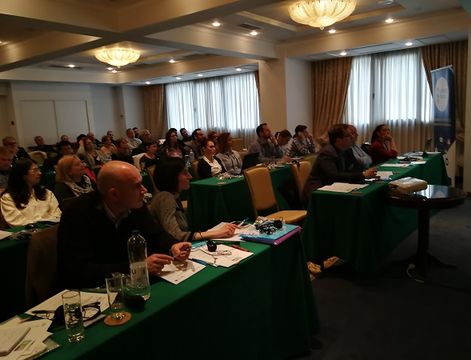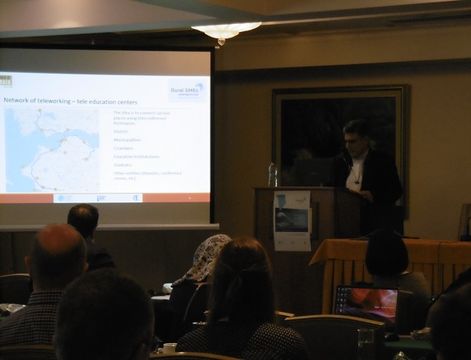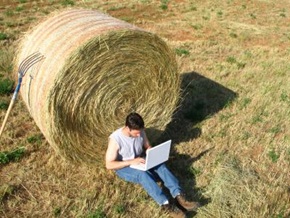Title of Practice 1 : Production of electricity from biogas derived from biomass (fodder organic waste and residues)
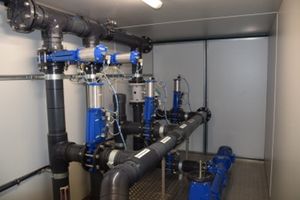 The main objective of the investment plan was to facilitate the creation of a biogas power plant - generated from the production waste of 2 pig farms
The main objective of the investment plan was to facilitate the creation of a biogas power plant - generated from the production waste of 2 pig farms
The main beneficiaries of the biogas power plant
- Provides a solution to finding new sources of energy, as can be used for livestock waste in combination with Renewable Energy Sources.
- Biomass bio fuels and other renewable energy sources help reduce emissions of hazardous pollutants where greenhouse gases are responsible for climate change and, above all, environmental pollution.
- Exploiting waste and promising biomass for power generation protects the environment so society wins.
- Farmers can be relieve of the big problems cause to the livestock units on the other they profits financially from their conversion to electricity
- Create new opportunities for farmers in manufacturing and industry.
Evidence of success (results achieved)
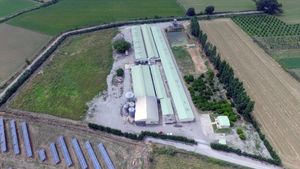 Direct benefits from the use of biogas are reduction of organic waste and pathogens organisms, odor reduction, optical pollution and greenhouse gas emissions, increased efficiency lubrication and cost savings for farmers
Direct benefits from the use of biogas are reduction of organic waste and pathogens organisms, odor reduction, optical pollution and greenhouse gas emissions, increased efficiency lubrication and cost savings for farmers
Potential for learning or transfer
The biogas plant has enormous environmental benefits from Co2 savings and is the only solution to clean the Greek province from organic waste and to eliminate pathogens.
Biomass production starts from the primary sector and again ends with it, providing significant benefits to producers and delivering, besides meeting energy needs, very good quality fertilizer and even water, which are essentially directed to agriculture and, as a result, to local communities .
Biogas is an important energy source are livestock waste, which with good management not only will not be a burden on the environment, but also regarded as a very important source of energy at a time where natural resources are exhausted.
Further information http://www.afoitsiamakiae.gr/
Title of Practice 2 : Management of solid residues in order to produce products of high nutritional and agronomic value for agronomic use.
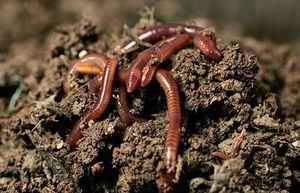 The main objective of the company is to produce organic fertilizers through a special breed of earthworms (Red Worms) that will contribute to the environmentally friendly and sustainable treatment of solid wastes (eg: biostabilization and bioaccumulation of sewage sludge, organic and solid residues, etc).
The main objective of the company is to produce organic fertilizers through a special breed of earthworms (Red Worms) that will contribute to the environmentally friendly and sustainable treatment of solid wastes (eg: biostabilization and bioaccumulation of sewage sludge, organic and solid residues, etc).
The process of composting with earthworms (vermicomposting), is a natural process where organic waste (leaves, clippings, vegetables etc.) are converted to a rich organic mixture which functions as both a conditioner and as fertilizer.
Composting with earthworms is faster and more efficient than the usual, conventional composting methods (windrow turning) while requiring less space and producing fewer odors. The final product obtained degradation of organic matter is a superior natural product finer texture containing more microorganisms from the natural soil.
Evidence of success (results achieved)
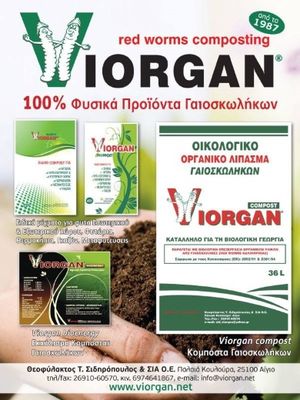 There is a growing attention on the environmental pollution and loss of potential regeneration of resources due to the poor handling of organic wastes, while earthworm vermicomposting is well-known as a promising biotechnology for sustainable wastes treatments, where earthworms are employed to convert the organic wastes into humus like material, together with value-added worm product.
There is a growing attention on the environmental pollution and loss of potential regeneration of resources due to the poor handling of organic wastes, while earthworm vermicomposting is well-known as a promising biotechnology for sustainable wastes treatments, where earthworms are employed to convert the organic wastes into humus like material, together with value-added worm product.
Earthworms have the ability to swallow and digest solid residues from plant and animal waste as any kind of organic material. That makes them an excellent machine processing and bio-degradable degradation of various difficult and useless to date materials ensuring their use in the form of organic fertilizer and soil improver.
Potential for learning or transfer
The transfer of our knowledge is especially interesting in depressed rural areas. The high quality of the products derived by the digestion of earthworms will enhance the productivity of plants and the soil health.
The value of vermicomposting is taught at local schools and many biological school orchards are created in order to transfer the value of recycling and cultivating in students and teachers.
The advantage of composting is being easily transferable allowing the adaptation of it to domestic management of organic residues by using composting bins and earthworms.
Further information www.viorgan.gr



